Some of us are blessed with a photographic memory about the people and places and events we’ve experienced through the course of our lives. I have friends who can remember incidences all the way back to when they were two years old!
As for me, I can barely remember the names of their primary school classmates or how they learnt to ride a bicycle.
But there are certain memories that stick for even the most forgetful ones among us.
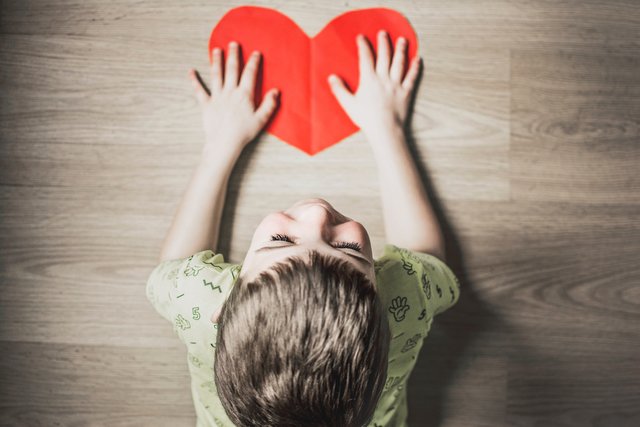
Childhood memories that are etched so distinctly into our hearts that we remember them for years and years afterward, and possibly for all our lives.
These things tend to stick with most kids as they grow up, so it’s worth considering what memories your kids will have of you.
#1 Your family traditions & routines
They might not remember that you got them that expensive Ninjago Lego set for Christmas that year, but they will remember the thrill of going Christmas shopping together as a family, and the excitement of opening presents on Christmas morning.
And they probably hate waking up early on school days now, but that morning routine of waking up at the crack of dawn, waiting for the school bus with you at the void deck or sitting half asleep in your car on the drive over – these moments will probably become fond memories for them years later when they look back on their childhood.
#2 Your holiday experiences
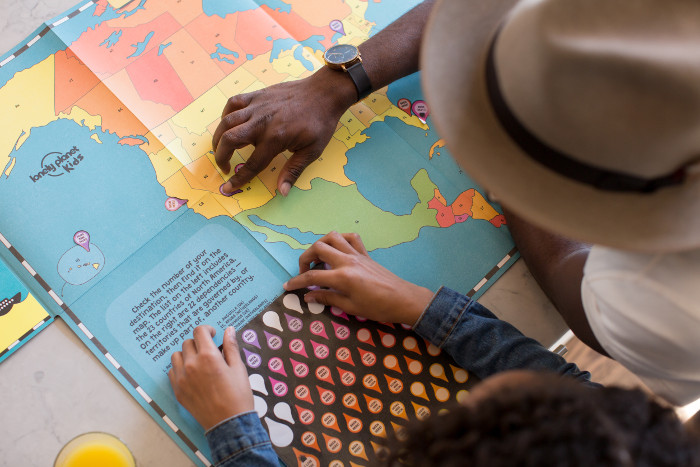
Irregardless of whether you’ve jet-setted with your family halfway around the world, or if the only chop on your passport is from Malaysia, what sticks with most children is not the details of the trip itinerary itself, but that excitement of packing for a trip, taking an airplane, bouncing on a hotel bed, trying new things, and just experiencing the euphoria of being “on holiday” with you.
So if you’re feeling disappointment about holiday plans gone awry or wishing you had the money to splash out on somewhere more exotic – don’t! Instead, remember that the best holiday memories are truly and simply the ones you make together, as a family, wherever in the world you may be.
#3 Your personal time
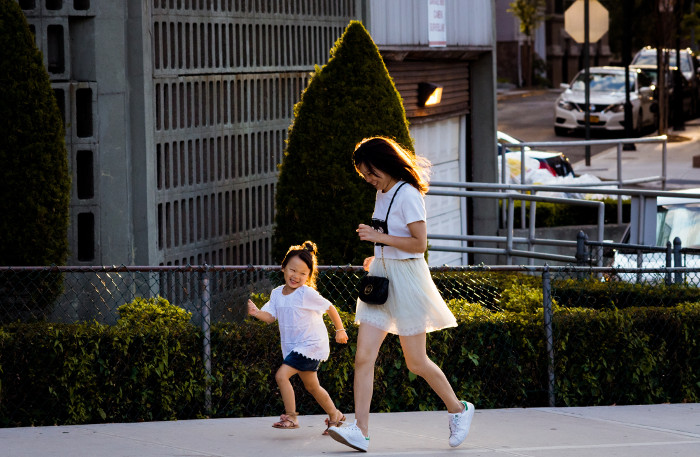
I’m all of 36 years old now, but I still remember shopping dates with my mum, and the times when my dad insisted on driving me all the way to work, just so he could catch up on my life in the car.
This is especially true if you have more than one child. Those times you set aside to spend one-on-one time with your child are going to be precious memories for keeps in years to come.
To you, it may just be another activity on your agenda, but to your children, it’s a time when Daddy or Mummy has specially set aside time to spend with them, and it means the world to them to know that you love them so.
So put aside your electronic devices and find time to be completely present in your children’s lives. Choose to give them your undivided attention so that they know, without a doubt, that you care, and that you love them enough to make them a priority.
#4 The moments when you were missing
No parent can be around their child 24/7, and there are going to be those times in your children’s life when they needed you but you weren’t there.
While these moments will probably become lasting memories for your children, it is a fact of life that they will need to accept over time – that no one can be there for another person all of the time.
And perhaps, those will also be the times when they will discover something new about themselves – their ability to be independent, to problem solve a tricky situation, to stay resilient in the face of difficulty – so in that sense, these memories can become positive ones for them in the end.
#5 Your words of affirmation and critique
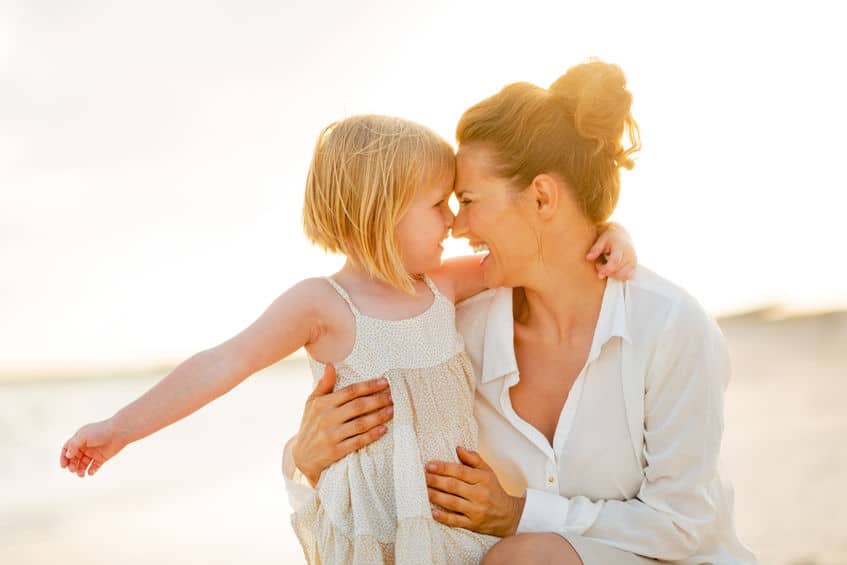
Here’s a quote from Mother Theresa, “Kind words can be short and easy to speak, but their echoes are truly endless.”
Indeed, your words to your children – about your children – have the incredible power to affirm and build up, or to hurt and tear down.
Those phrases that you repeat often, like “I love you” and “You can do it” are not wasted breath, even though you sometimes feel that they fall on deaf ears. They are the very foundation of your children’s self-worth and esteem, and the core of how they start to think about themselves.
➡️ Related Read: How to Love Your Child Unconditionally
Conversely, words that are spoken in the heat of the moment can gravely wound and create a lasting negative self belief or a rift in your relationship. So be mindful of how you speak.
#6 Your response to stress
How do you react to stressful situations or negative events?
Your children are watching and learning, and also likely remembering these things. When tough situations or unforeseen circumstances happen, they’ll remember the way you responded to people with grace and patience (or harshly and impatiently), and how you made them feel safe and protected (or helpless and lost).
When you’re feeling frustrated and overwhelmed, remember that your children are still watching how you act under pressure.
That said, give yourself the grace to have an occasional meltdown or crack under the pressure, but remember to debrief with your children after the incident, to explain why you reacted that way, and to apologise as appropriate for not responding as you could have.
#7 Your relationship with your spouse

One of the greatest gifts and lifelong memories you can give your children is that of a happy marriage. Kids that grow up in a loving family will form stronger attachments with both parents, which in turn empowers them with the confidence to take steps of faith on their own outside of the family – because they always have a place to belong and feel safe in.
Children cannot survive and flourish in a war zone between parents who are constantly at odds. Of course, no marriage is without its differences and difficulties.
Your children will see your love and care for each other in the nitty-gritty of everyday life, as well as in the big gestures, in how you fight and disagree, and how you make up and reconcile.
And in the light of those memories, they will likely form their own views on marriage and relationships and love and family, as they grow up into adulthood.
By Dorothea Chow.
* * * * *
Like what you see here? Get parenting tips and stories straight to your inbox! Join our mailing list here.
Want to be heard 👂 and seen 👀 by over 100,000 parents in Singapore? We can help! Leave your contact here and we’ll be in touch.





































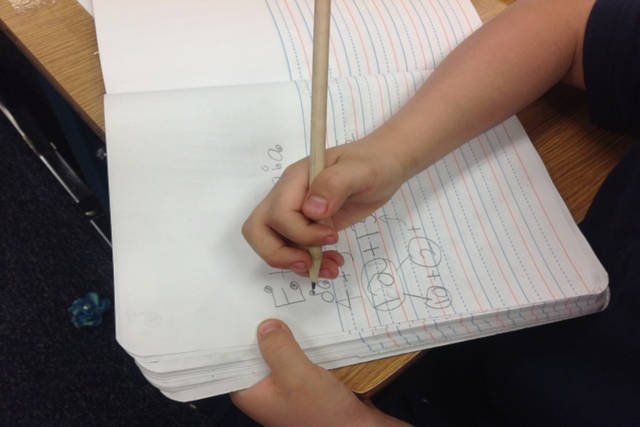
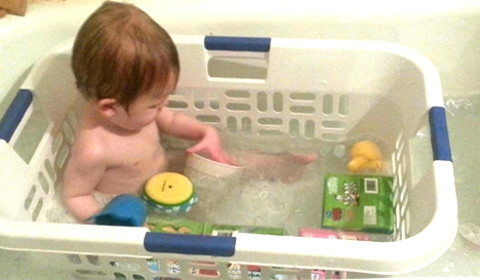


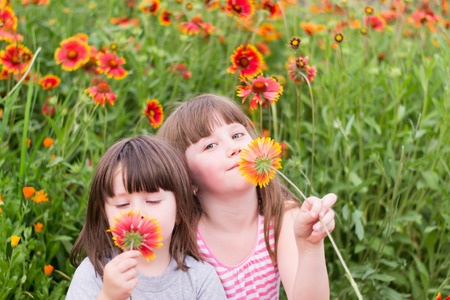
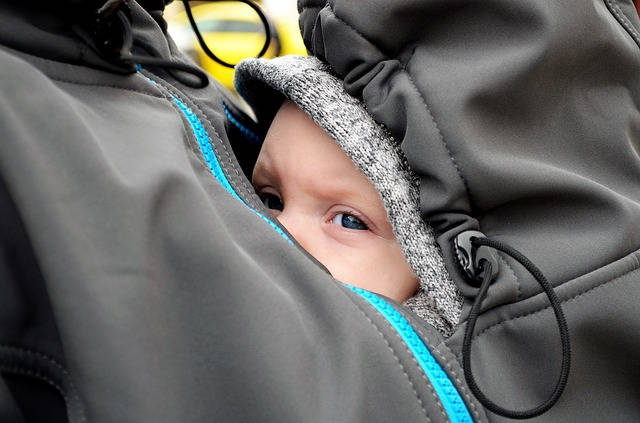
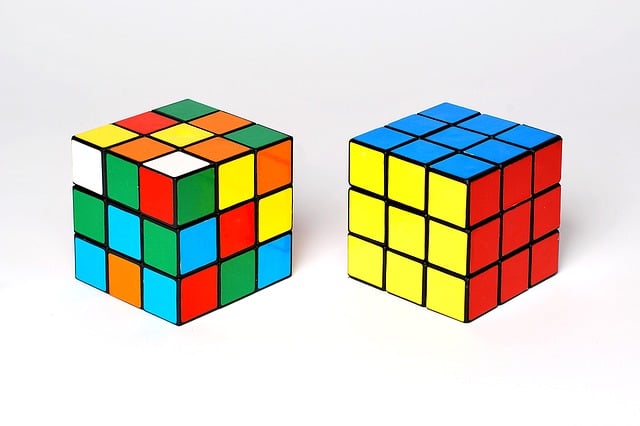


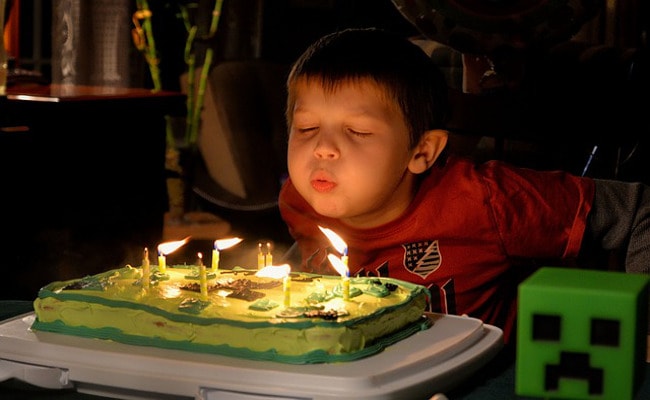










Leave a Comment: